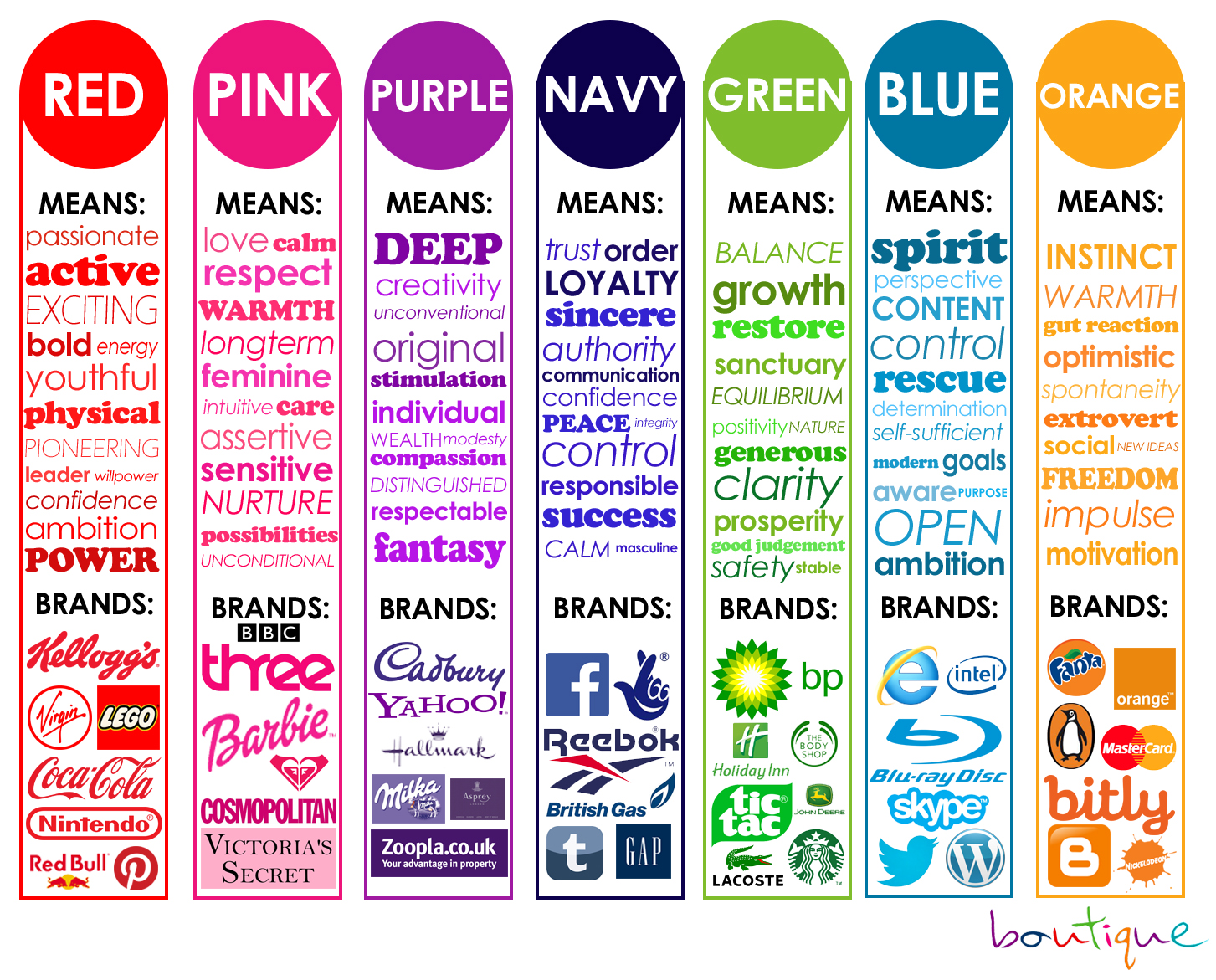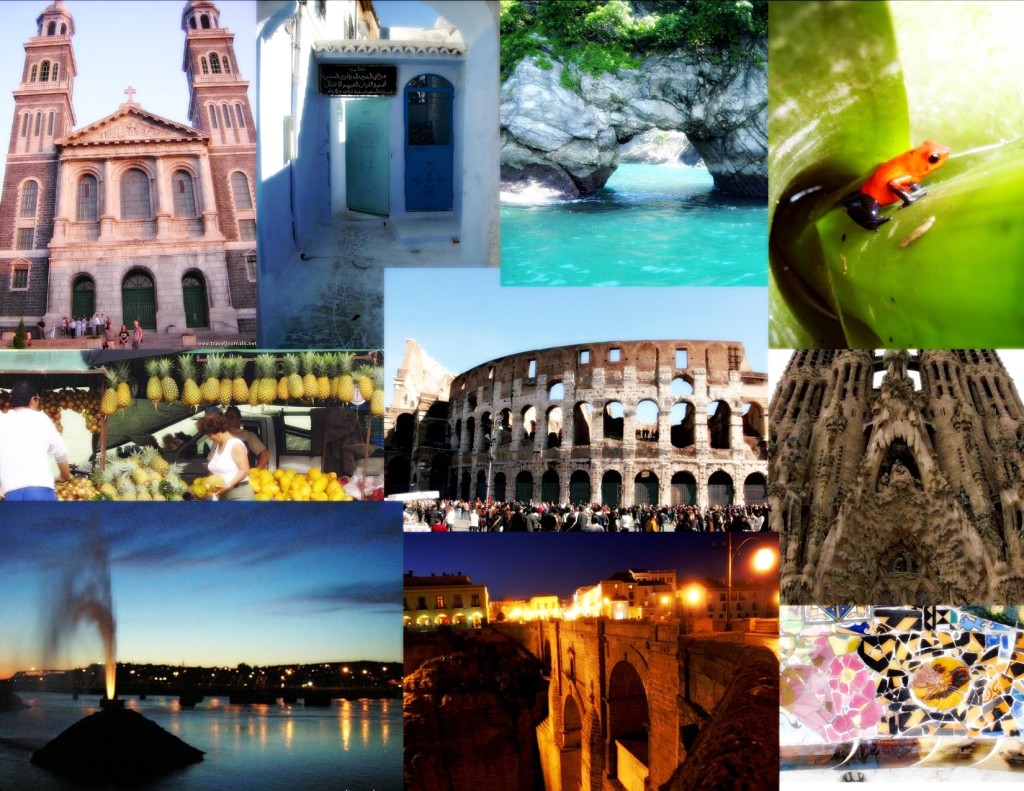
The Importance of Color
Color is an important element in marketing, branding, web design, or even interviewing for a job. Research has shown that people react differently to colors. Color can sway thinking, change actions, and cause reactions. It can soothe, raise your blood pressure, or even make you hungry. You can drive almost anywhere and assume that a traffic light has red, amber, and green; that red means stop and green means go.
Colors can evoke connotations like aggressive, soothing, cheerful, luxurious—and those connotations differ across cultures.
Color is a powerful form of communication.
Color and its Meanings
Black is a mysterious color that signifies power, strength, authority, and commands respect. It is simple, elegant, and speaks of class.
Blue is a favorite color for businesses and suggests stability. It inspires confidence and is the second most powerful color. Darker shades of blue represent authority while brighter hues signify trust and security. Paler shades imply peace, loyalty, and wisdom. Blue causes a calming effect.
Gray is a cool, neutral, and balanced color and is associated with conservative qualities and considered traditional, business-wise symbolizes high-tech and suggests authority, practicality, earnestness, and creativity.
White is the color of innocence, cleanliness, purity, and neutrality. For this reason, many websites use white as a background. It is considered to be the color of perfection. White is a brilliant color and works well for contrast but, that same brilliance can make white hard to focus on and may cause eye fatigue and can be blinding at times.
Brown is an earthy color and is often associated with nature, warmth, and coziness. It suggests richness, stability, reliability, dependability, and approachability, and wholesomeness.
Red signifies power. It’s an emotionally intense color that ignites thoughts of love, passion, and danger. This can have the effect of raising blood pressure. In contrast, red is also the color of alarm and is used as a shorthand sign for danger.
Green is associated with the color of nature, good health, and money. It is seen as calming and is associated with many foods.
Yellow is an energetic and bright color. It represents sunshine, happiness, and warmth. Yellow is associated with creativity and is one of the most difficult colors to focus on visually.
Orange exudes confidence, cheerfulness, hot, fiery, and excitement. It’s often associated with vibrancy, tropics, and instills a sense of fun and pleasure. Orange appeals to a wide range of people.
Purple is often associated with royalty, nobility, luxury, power, creativity, and ambition. It conveys wealth, extravagance, and creativity.
Color matters and is definitely something to consider whether you’re going on a job interview, designing a website, a logo, or marketing a product.

